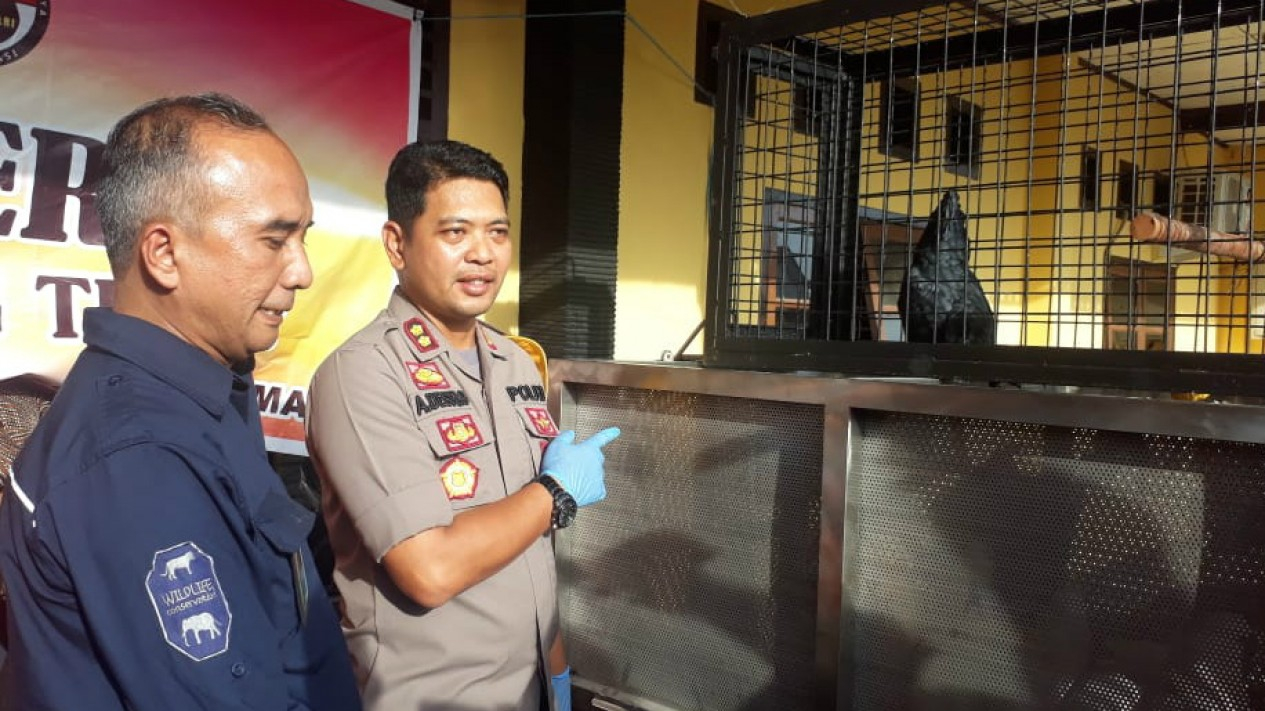Ministry Strenghtens Cyber Patrolling on Animals Trafficking

- VIVA.co.id/Syarifudin Nasution
Jakarta – The Indonesian Ministry of Environment and Forestry (KLHK) is strengthening cyber patrols to prevent animals and plants trafficking.
"There are many ways of selling and smuggling protected animals, plants, and animal body parts," the ministry's Director General of Law Enforcement, Rasio Ridho Sani stated on Thursday, as reported from Antara site.
Currently, Sani remarked that wildlife trade crimes are no longer committed through conventional ways but by using social media and online sales, which had also resulted in changes in monitoring.
"Therefore, we must change our supervision as well. We have strengthened the cyber patrol team to check all accounts on social media with an indication of trading activities in protected animals," he remarked.
His side had also collaborated with Interpol to deal with cross-border trade in protected animals.
"Trading of protected animals and plants is a transnational crime. Therefore, Interpol is involved. We also have the authority to investigate criminal acts of money laundering related to animal trafficking activities," Sani stated.
Burung pergam mahkota, salah satu dari 118 satwa liar dilindungi yang dicoba diselundupkan dari Palembang ke Thailand, disita oleh polisi dari kendaraan pengangkutnya di Palembang, Rabu, 19 September 2021.
- ANTARA
Apart from the cyber patrol team, he noted that monitoring is also conducted at ports and airports to prevent inter-regional animal smuggling.
"There are smuggling practices through airplane cargo and at ports, including at Bakauheni Harbor, which is the gateway to Sumatra Island, so we are increasing supervision at ports and airports," he remarked.
In addition, the government will increase the frequency of patrols at various areas, including in Lampung, to protect endemic animals from being bought and sold, Sani continued.
In 2019, the Rapid Response Forestry Police Unit (SPORC) carried out 1,152 operations and succeeded in securing approximately 14 million hectares of forest area, 939,275 cubic meters of wood, 22,011 animals, and 9,534 animal body parts from being illegally sold.
